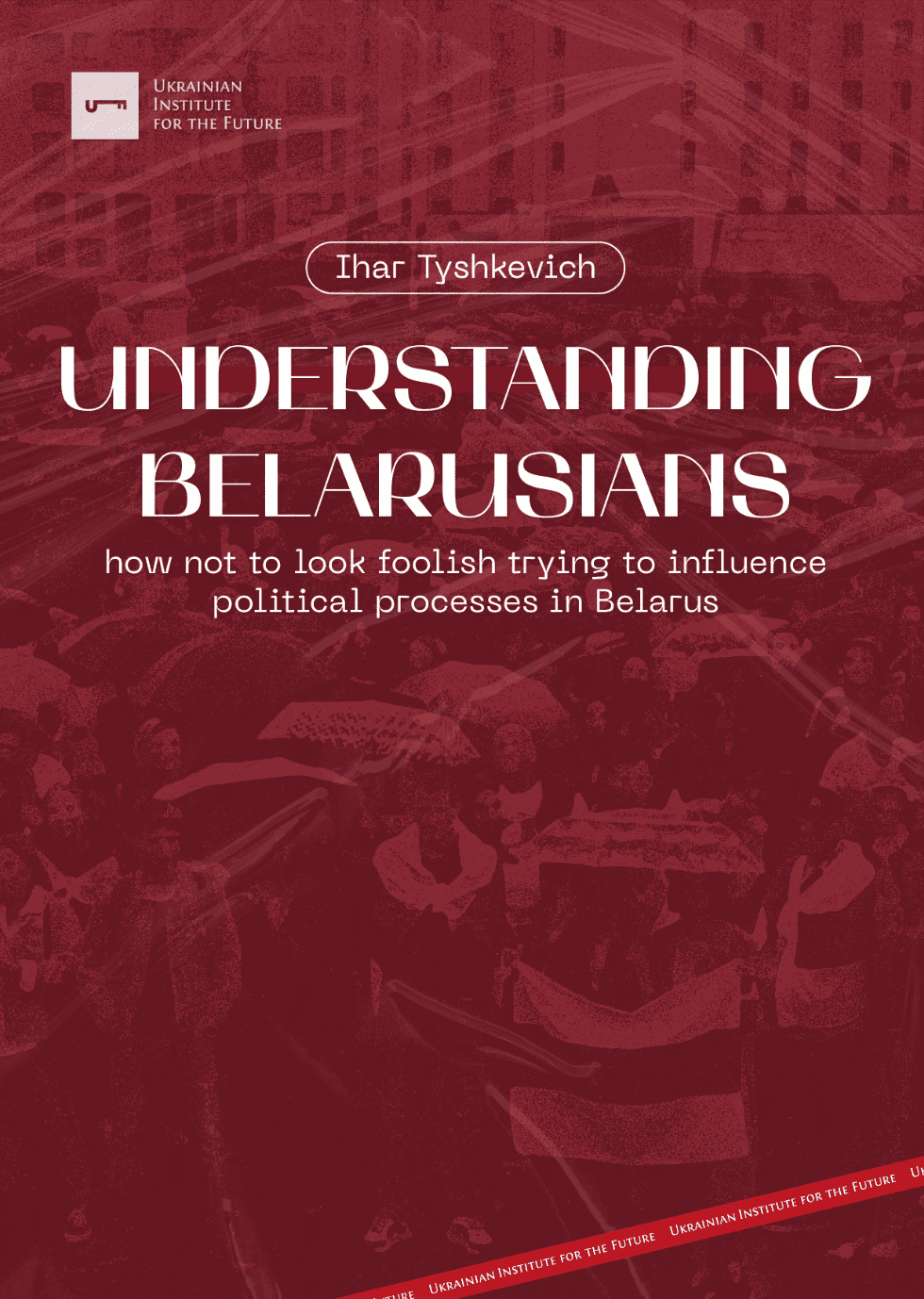More than ever before, the question of “what to do with Belarus” in 2023 has become urgent.
The previous algorithms for stimulating changes, applied both by part of the opposition forces and by external actors, are failing. Lukashenko is complicit in the aggression against Ukraine. But internally, two seemingly incompatible processes are taking place:
- the position of the Belarusian power elites is becoming more stable. This has been noted not only by Belarusian state sociologists but also by independent researchers. They can hardly be suspected of being sympathetic to Lukashenko.
- however, there is a stable public consensus that Belarusian forces should not participate in military operations against Ukraine.
Meanwhile, Russia is re-emerging in Belarus. So, there are questions about the Kremlin’s influence, apart from Belarusian politics itself. And the problem of influencing public opinion is at the root of all this. The latter issue is relevant both for external actors in the context of the war and for Belarusian forces in favour of the transformation of state policy.
But the popular algorithms are reduced to two extremes: either to increase support for the Belarusian opposition forces (existing ones) or to work on a foreign policy that decreases the Kremlin’s sphere of influence (including resuming dialogue with Lukashenko). We guess neither approach guarantees success and, on the whole, has no effect on the feelings (and political preferences) of a significant part of the country’s population. So, Ihar Tyshkevich, the UIF expert, tried to make research on the reasons for such a situation.


Вам також буде цікаво:
The Russian Media Empire from the inside
Немає вільного ринку: як влада катує енергетичну галузь
Тетяна Ющенко про вбивство Ноздровської: “Це буде вироком всій правоохоронній системі”
Зачем Лавров поехал в Африку?
Ілія Куса: Росія домоглася тактичної перемоги у Нагірному Карабасі
Місцеві вибори в Угорщині: що означає поразка партії Віктора Орбана?